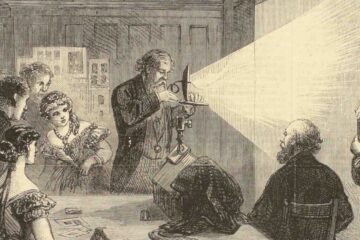This collection of essays offers a glimpse into how and why historical arguments have been marshaled on both sides of today’s debate over the Second Amendment.
The debate over the Second Amendment has unveiled new and useful information about the history of guns and their possession and meaning in the United States of America. History itself has become contested ground in the debate about firearms and in the interpretation of the Second Amendment to the Constitution of the United States. This book gives special attention to the important and often overlooked dimension of the applications of history in the law. These essays illustrate the complexity of the firearms debate, the relation between law and behavior, and the role that historical knowledge plays in contemporary debates over law and policy.
“No problem in U.S. courts today is so concerned with law across so many centuries as the meaning of the Second Amendment. Every citizen should begin any exploration of the historical questions with these essays because they point so thoughtfully to answers. Judges and justices who will decide firearms disputes must read this book. Then they should give it to the cerks who help prepare their opinions, because this book provides an indispensable guide to the sources we all must study to understand our law’s past and to decide its future.”
-Paul Halliday, Julian Bishko Professor of History & Professor of Law, University of Virginia
“This important study provides an explanation for how a ‘right’ unknown to any human rights treat has taken hold, through the contortions of legal history harnessed to populist imagination. The book provides an even-handed treatment addressed by scholarly protagonists, remembering the past in order to apply its constitutional words to a very different present.”
-Geoffrey Robertson, Queen’s Council, human rights barrister, specialist on the English Bill of Rights, former president of the U.N. War Crimes Court in Sierra Leone, and author of ‘Crimes Against Humanity: The Struggle for Global Justice.’




0 Comments